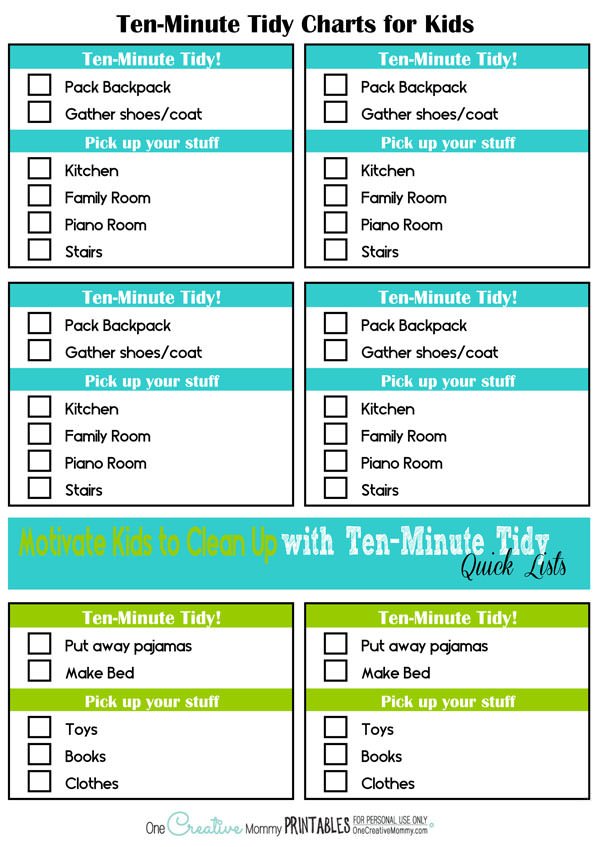

Once you’ve finished your initial decluttering, try the “backwards hanger” trick to weed out any other items that can free up space in your closet. The same goes for shoes and jewelry.Įven after performing this exercise, you’ll probably end up hanging onto items that you probably should’ve tossed. Seasonal clothing and infrequently worn items with sentimental value should be put in a storage bin to free up space in your closet. If you answered, “no,” to any of these questions (or if you answered, "yes," to question #2), the item should go in your “Get Rid Of” bin. Having trouble deciding what to toss out? Ask yourself these questions about each item: Since we typically wear 20% of our clothes, 80% of the time, there should be a significant amount of clothing you can purge. Going back to our general decluttering tips from earlier in the post, it’s essential to follow the 80/20 rule when clearing out your closet. Get a free quote on a dumpster rental for your decluttering project. And we can help you out with this one – we’ll deliver the dumpster to your driveway, you can fill it up at your own pace and we’ll haul it away. Renting a dumpster is an affordable, stress-free option if you have a lot to get rid of, or larger household items you’re throwing away. Rent a Dumpster: Not everything will be in good enough shape to donate or sell. Check with your neighbors or homeowners’ association to see if there is a designated garage sale date for your neighborhood. Have a Garage Sale: If you’re up to the task, you may be able to make some money off your clutter by hosting a garage sale. Otherwise, put your recyclables in bags and take them to your nearest recycling drop-off location. Recycle: Recyclable glass, plastics and paper can go straight into your recycling bin if your neighborhood offers curbside pickup. You could also try posting to or a Facebook resale group, and people in your area can come get the items.

Before dropping off donations, make sure to check the charity’s guidelines for accepted items. You can donate clothes, shoes and other household items in good condition to a number of local charities. There are a few options for disposing of items in your “Get Rid Of” box:ĭonate or Freecycle: Have peace of mind knowing that something you no longer need is going to a new home with someone who does need it. Plan out times to work on specific areas when you expect decluttering to take longer than a few hours, such as the basement or garage.Īccording to Jamie Hord, founder of Horderly, “ depend on the size of your rooms and your home, and the number of items you have in each, but if you are trying to declutter room-by-room, a very realistic and attainable goal is to work through one room each weekend.” Creating a declutter challenge for yourself that feels like a game can help you avoid frustration throughout the process. Set completion dates for each phase of your cleanup, and choose timelines that are attainable. For example, on a scale of 1-3 (3 being the most cluttered), a particularly messy room or closet would get a 3.

Give each space a grade based on the severity of the clutter to help you prioritize your time. Write down or draw a map of all the rooms and “clutter hot spots” you want to tackle. Here are a few things to consider as you start decluttering: No matter how much clutter you have to sort through, starting with specific goals will help you reduce frustration and roadblocks. Whatever your reason is for decluttering your home, and in turn your life, this ridiculously thorough guide will help walk you through the process.īefore you get started, make a plan. Some may just need to purge their house of clutter before a move. For others, getting rid of the junk frees up extra space in the home that wasn’t there before. 61.7% of survey respondents said decluttering reduced their overall stress level. Organizing and decluttering relieves stress for many people by providing a sense of control and accomplishment.
#HOW TO TIDY UP ROOM FULL#
While much less common, a house full of clutter could even cause fire hazards. In extreme cases, people may suffer from depression or obesity when a life of consumption extends beyond “stuff.” In more serious hoarding situations, other health complications are possible if mold and dust are present. And according to 42.5% of respondents, clutter makes them feel embarrassed. In our survey, 48.5% of respondents agreed that having unwanted clutter in the house made them feel stressed. When is clutter a problem?įor many people, clutter can be an energy zapper or a big waste of time spent looking for things they can’t find. Decluttering is all about making room in your home for the things that truly matter. Clutter is anything you’re keeping that doesn’t add value to your life.


 0 kommentar(er)
0 kommentar(er)
